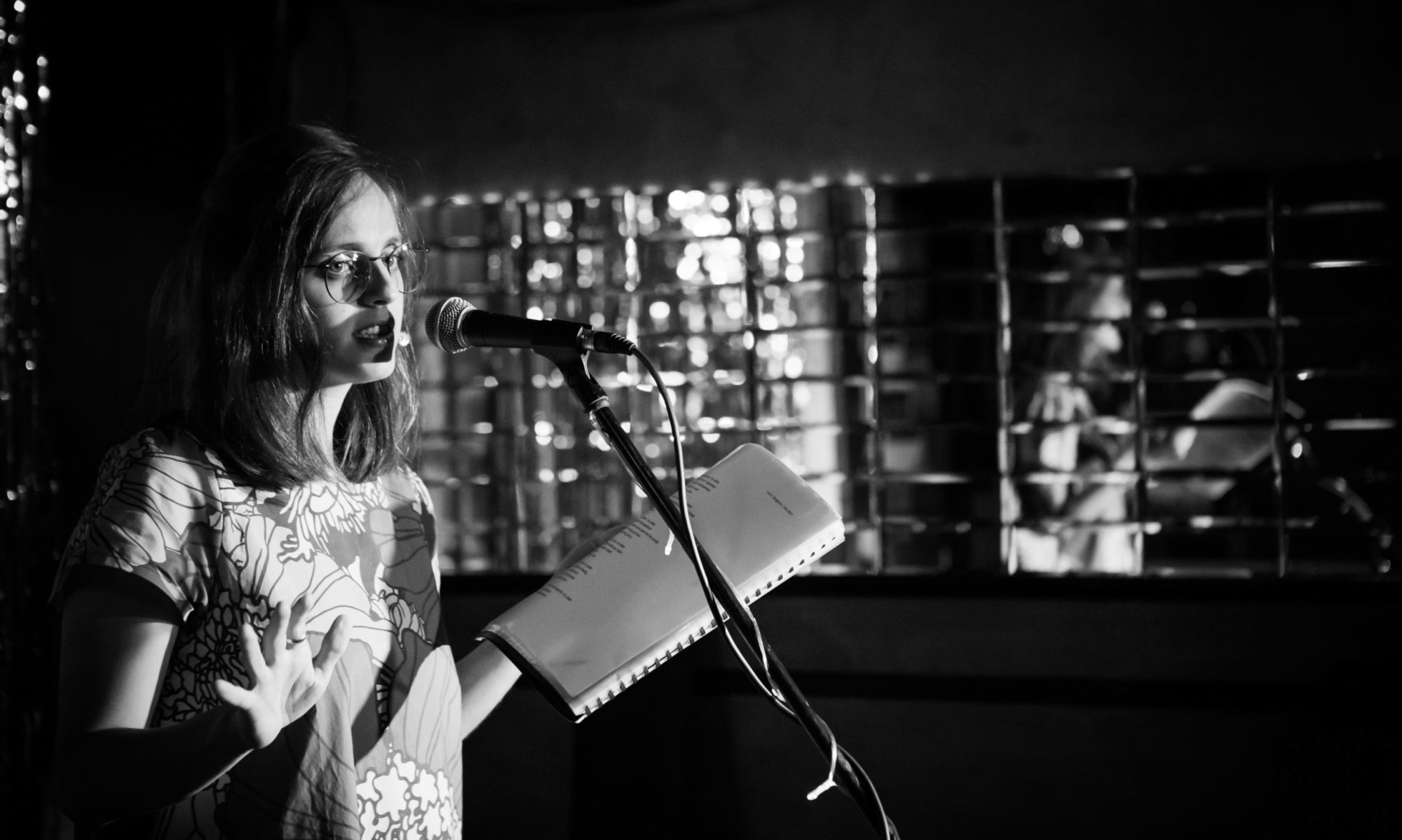Trigger warning: mental health, anxiety, mention of suicidal thoughts and a brief mention of suicide attempts.
Mental health has been for many years and in many cultures, a taboo topic to be avoided. The mental health of individuals with physical disability is often overlooked in the medical system and society. Still to this day, specialist clinics caring for infants and children with disabilities rarely employ mental health trained professionals, nor does emotional, psychological or social wellbeing is included in treatment goals and choices. I know this from working in mental health and from my personal and community experience.
We know that children and adults with physical disabilities are more susceptible to social difficulties, mental distress, suicide thoughts and attempts[i]. It has previously been recommended that physicians become aware of such issues[ii]. Unfortunately, little seemed to have changed since my days of growing up in the 1990’s.
When I was growing up, my treatments, managed by leading paediatric orthopaedic surgeons, focused on my leg’s shape, length and angle. The social, emotional and psychological implications of my treatments and disability, were a sidenote for my family to deal with. My family has done their best to handle my huge feelings as I was growing up, with little mental health literacy or support. Throughout the years I have gone through multiple traumas, stemming from my environment, rather than my body. My self-esteem and self-worth have suffered as I’ve watched only able-bodied people succeeding in society. I’ve experienced anxiety and suicidal thoughts as I was excluded and forced to quietly take bullying and discrimination (Just ignore it!). I’ve developed a problematic relationship with food and my body. It is no wonder – as a kid who was repeatedly told by society and their doctors they are broken.
There was never appropriate support for my mental health or social barriers. When I expressed distress brought about by bullying or unsolicited treatment or discrimination – the message was that I needed to handle these on my own, or within the family. The psychological and social issues impacting me were my burden to carry, and if I couldn’t cope – well, that was not an option.
My mental health has significantly improved throughout the years since the end of my treatment – not because my leg is ‘normal’ (it isn’t), but because I have gained control over my life and body, as well as a community to connect with and a voice to advocate with. Using knowledge, vocabulary and safe spaces I acquired, I can now recognise more clearly when I’m struggling. I have learned what my anxiety feels like and how my downward spirals look like. Facing my mental health just like any other health issue, helps me find old and new strategies to channel my strengths and handle distress. I often write some of my best pieces in weird mental spaces!
I have been very lucky to have supportive family and friends throughout the years, who have helped me get through and find my paths. I have also been privileged to access wonderful support in recent years, as well as a community. Not everyone is as lucky.
The mental distress risks for any child, adolescent and adult living with physical disabilities, are often preventable. Our society needs to change – visibility, inclusion and access are essential. Just as important is the consideration of psychosocial factors in disabled children and adults’ treatments and supports. Every health professional caring for people with disabilities must be aware of these risks and enable appropriate supports and advocacy. Every mental health professional must become aware of disability issues.
It is time to talk about how ableism in society, in the medical system, in workplaces and in the education system – all impact mental health of individuals with disabilities. We must acknowledge that ableism, discrimination, bullying and exclusion all have a huge part to play in disabled lives’ mental health. We must acknowledge that much anxiety, depression, frustration, trauma and suicidal ideation, can be prevented through social change. Prioritising each individual’s needs is key. Disability equity should look like every disabled person having a full say in what they need, children included. Social and psychological supports, including advocacy and decision-making supports, should be prioritised as essential services, not a side-note.
This is a matter of life or death, as well as respect and quality of life. We all deserve to live our best life, and no one’s health should suffer because of their race, disability status, gender, or sexual orientation.
Like many other disability advocates, I too want to dispel stereotypes about disability being a horrible thing. What we need to include in this conversation is the intersection between physical disabilities and mental health. I certainly don’t have all the answers. We all must ask the questions.
Let’s practice thinking of the complex – instead of oversimplifying this world. Having a disability is normal, it is cool, and it is sexy. Experiencing mental distress and social struggles because of it – is not.
Liel K. Bridgford
[i] https://onlinelibrary.wiley.com/doi/abs/10.1111/j.1746-1561.2008.00297.x https://www.sciencedirect.com/science/article/abs/pii/S0002713809604155
[ii]https://csds.qld.edu.au/sdc/Provectus/GAPP/Impact%20of%20childhood%20illness/files/Cadman%20chronic%20illness%20&%20social%20well%20being%201987.pdf
